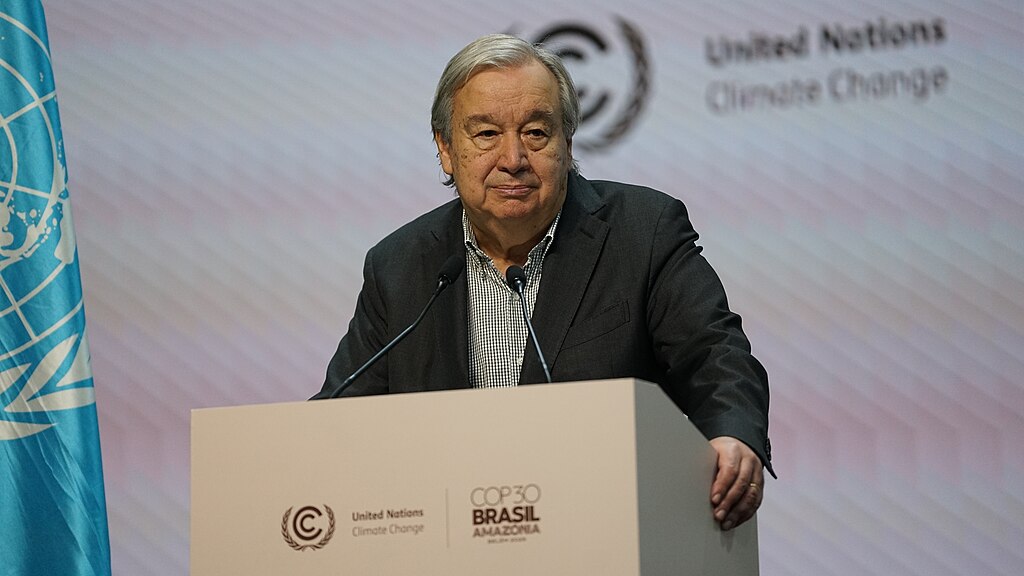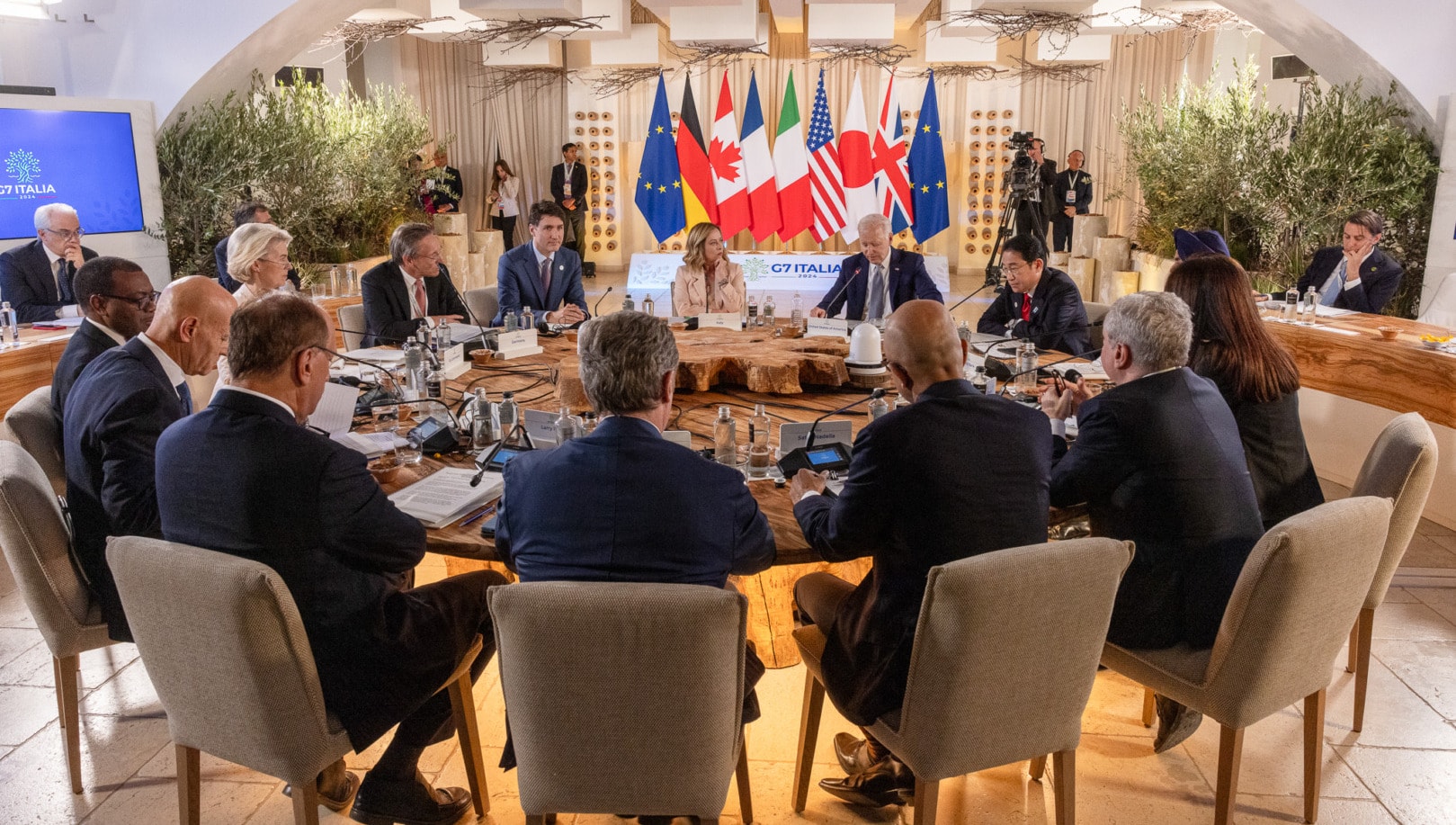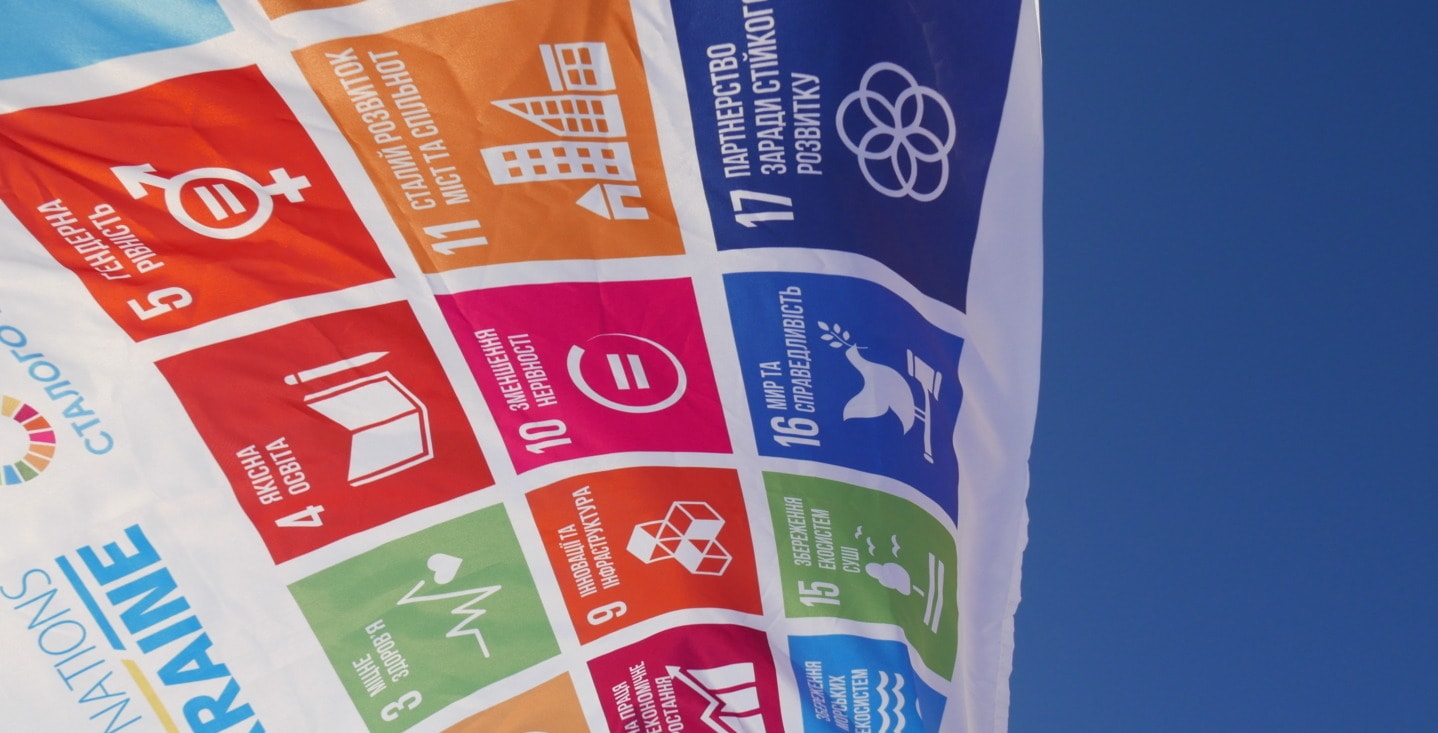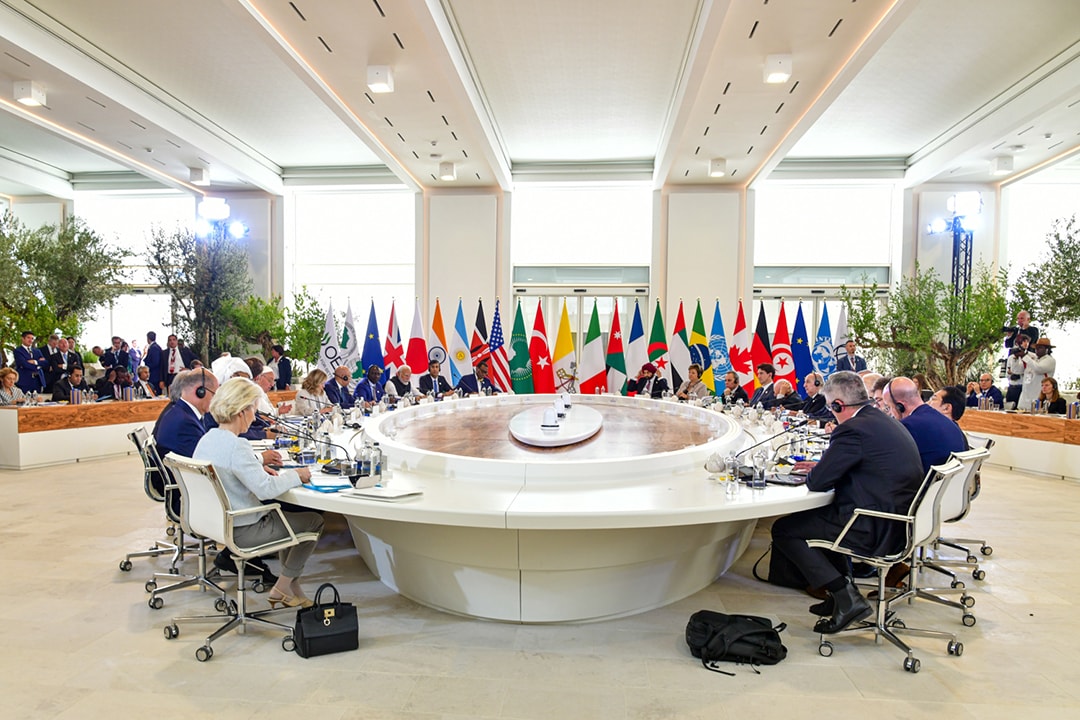Last week, Algeria officially submitted its application to join BRICS. The BRICS economic group currently includes Russia, Brazil, India, China, and South Africa.
The announcement made by the Foreign Ministry’s special envoy for international partnerships, Leila Zerrouki is no surprise. There were clear signs of interest from Algeria in the BRICS economic group since last June.
Although just before that Algerian President Tebboune confirmed that: “Our policy is Non-alignment and we are not going to give it up” and the country maintains an equidistant position from Ukraine and Russia since the beginning of the war if the country does join BRICS things might change.
In June at BRICS online Summit, the Algerian President was actually the first guest to speak. Considering that other countries such as Iran, Egypt, Saudi Arabia, and Argentina were in the spotlight for expressing their interest in joining the Economic Group, it was quite a recognition.
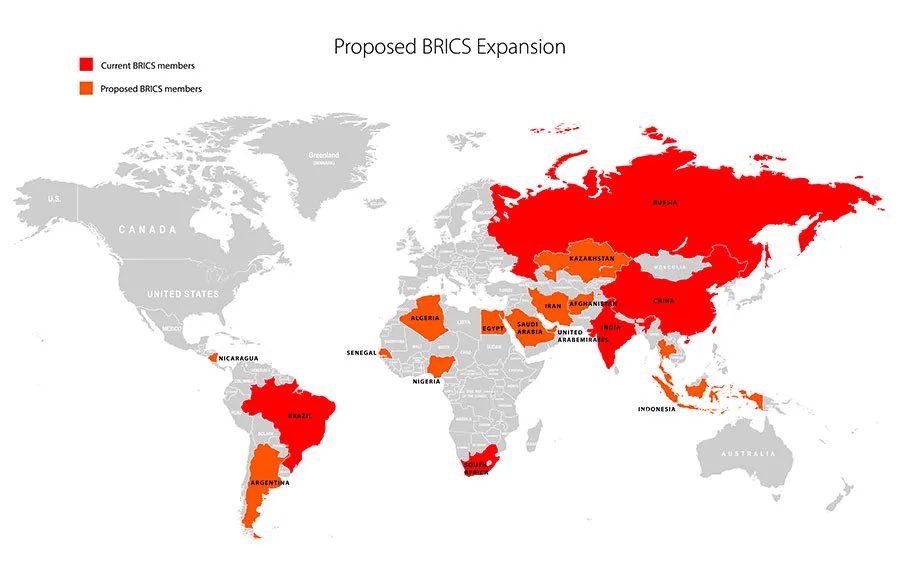
When will Algeria join BRICS?
Submitting the application to join BRICS is just the first of many steps for Algeria. While the Russian Foreign Minister, and the Russian ambassador in the country have stated they are not against Algeria joining BRICS, Algeria’s ambition might hit a hard block very soon.
Considering that several countries have expressed their interest in joining BRICS, current member leaders are looking to implement a new procedure for accepting new countries. Notable candidates include right now Egypt, Saudia Arabia, Iran, Turkey, Indonesia, and Argentina.
Most likely BRICS countries will be open to adding new members and will launch the new “BRICS+” economic group. This economic group will be quite strong with altogether a GDP 30% larger than the USA.
RELATED ARTICLES: | BRICS Expansion: Five New Members in 2023? | What to Expect From the 2022 BRICS Summit in Beijing |
BRICS+ vs. G7 – Could BRICS de-dollarize the world financial system?
The application of Algeria to join BRICS is a perfect of example of BRICS’ global expansion. There is, however, more to consider in a possible shift from BRICS to BRICS+.
BRICS members – along with many developing countries – are not happy with the current western-centered world order. While it might take some time before these economies could grow and actually have the same power as G7 countries they could already start to take action to take away some of that economic power from G7 members.
One of the most effective ways to do so would be to de-dollarize the world’s financial system. If BRICS+ countries and their partners refuse to pay for oil or other commodities in dollars some change might happen. Considering that BRICS+ potential members account for over half of the world’s population, and over 50% of world economic growth, this could happen.
How would the G7 countries respond to that? Unfortunately, it looks like G7 members are not interested in hosting leaders from developing countries at their meetings, and forging new economic partnerships. While BRICS members do it.
This could have a very negative long-term impact on G7 members and BRICS countries could take over global leadership.
Is the decision of Algeria to join BRICS yet another sign that this global leadership shift will happen?
Editor’s Note: The opinions expressed here by Impakter.com columnists are their own, not those of Impakter.com –In the Featured Photo: Algeria Capital. Photo credit: Unsplash.




